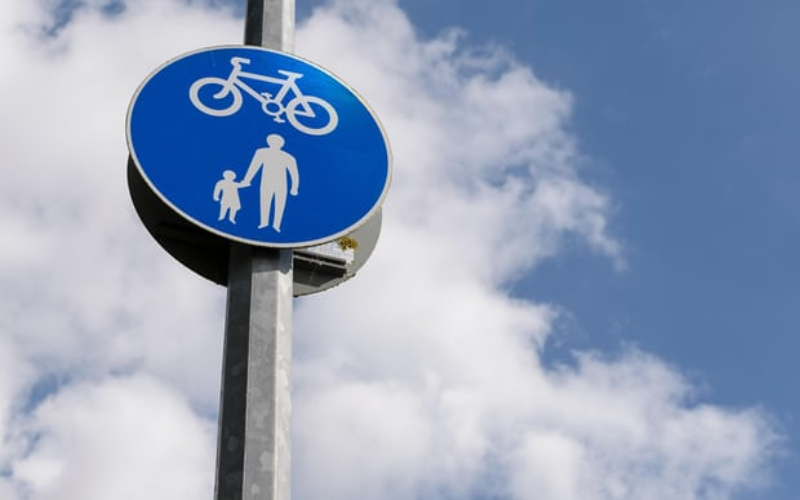11 Dec 2024

Tired Earth
By The Editorial Board

If the UK hits government targets for walking and cycling more than 13,000 lives and almost £10bn would be saved over the next decade, according to a new report.
The study from the transport charity Sustrans has found that meeting government plans in England and Scotland for an increase in walking or cycling would reduce deaths from air pollution by more than 13,000 in the next 10 years. It would also save almost £9.31bn.
Xavier Brice, CEO for Sustrans, said that at a time when road transport is “responsible for the majority of air quality limit breaches in the UK” it has never been more important to reduce the number of “motorised vehicles on our roads”.
“The new findings reiterate that walking and cycling have a huge role to play in tackling the air quality crisis that causes tens of thousands of premature deaths every year. If we are to make a major modal shift, we need to provide a network of direct protected cycle routes on roads in addition to quieter routes across the UK.”
Air pollution contributes to around 40,000 premature deaths a year in the UK. The government is being taken to court for a third time over the levels of toxic air in cities across the UK caused by nitrogen dioxide, mainly from diesel vehicles. Many towns and cities are now also failing WHO guidelines for the most damaging type of air pollution known as PM2.5, 45% of which comes from car tyre and brake wear and would not be reduced by a move to electric vehicles.
A report last month revealed that every area in London exceeds World Health Organisation limits for PM2.5.
Brice said: “We are urging governments at all levels to include funding for walking and cycling infrastructure in their clean air plans and the UK government to prioritise investment in active travel as part of wider urgent action to make air safe again.”
Sustrans, in partnership with the environmental consultancy Eunomia, found that if targets to double journeys by bike and increase walking by “300 stages per person” in the England’s Cycling and Walking Investment Strategy were met, this would prevent more than 8,300 premature deaths from air pollution. This would result in £5.67bn in benefits over 10 years through the avoided costs associated with poor air quality, including NHS treatment in hospital for respiratory diseases.
Equally, if the aim of 10% of everyday journeys to be taken by bike set out in Scotland’s Cycling Action Plan was realised, it would save nearly 4,000 premature deaths and £3.64bn.
Sustran said the gains would be even bigger if wider benefits to health and wellbeing from increased physical activity were included.
Twenty-nine local authorities in England that are breaking legal air quality limits now have to pull together clean air plans by November next year.
Ann Ballinger, an air quality expert at Eunomia, said: “This is the first time that Sustrans’s data has been used alongside public health data to understand what impacts walking and cycling schemes have on an individual’s exposure to air pollution.
“Our analysis suggests investment in cycling and walking has considerable potential to improve local air pollution. We believe this innovative model could be of considerable value in supporting local authorities and government as these bodies consider options to tackle the air pollution emergency at a local level.”
Source : www.theguardian.com
Comment